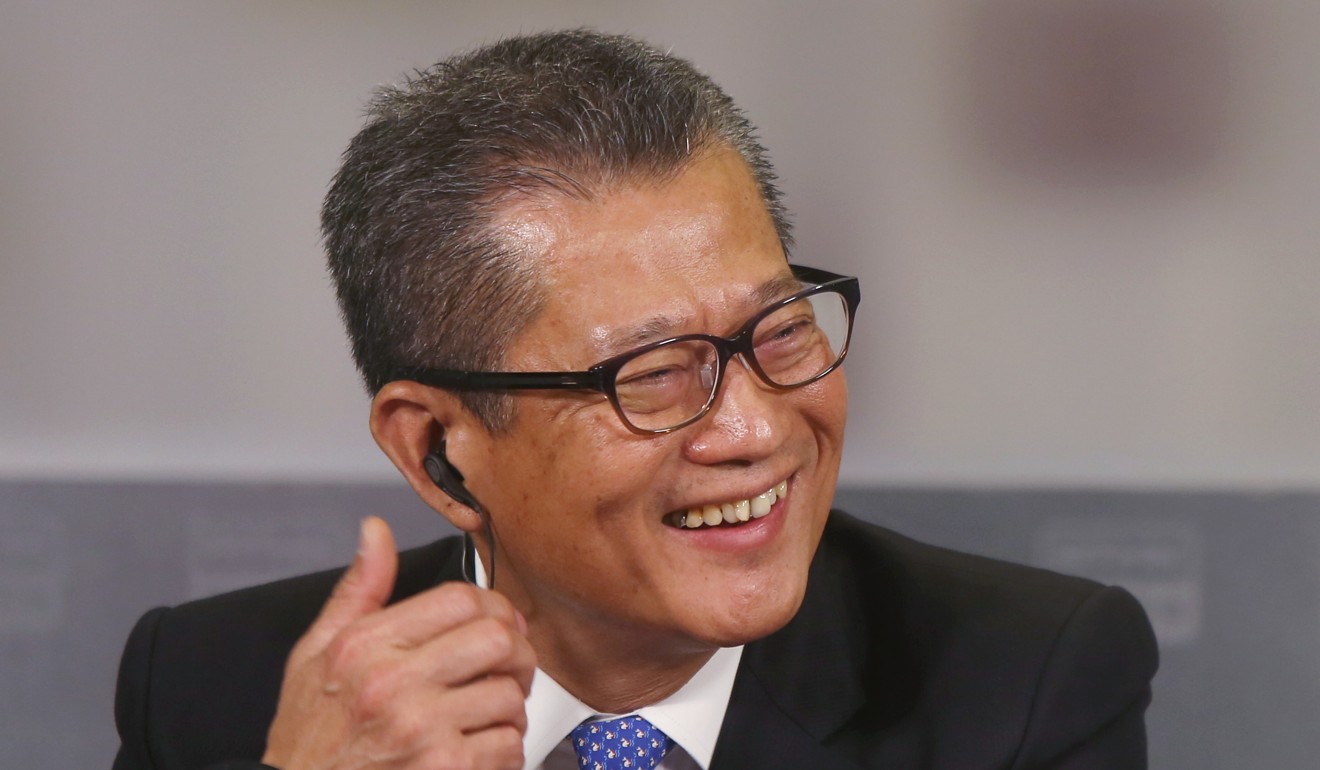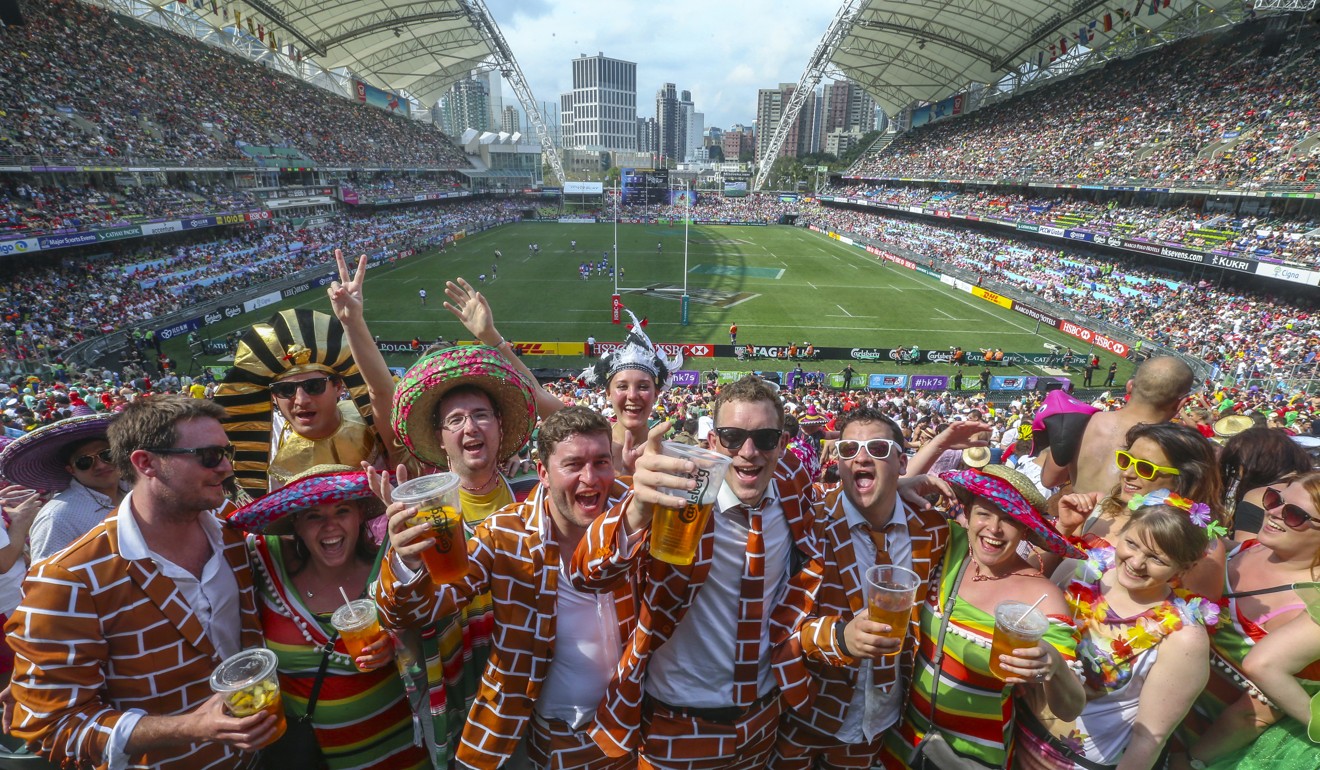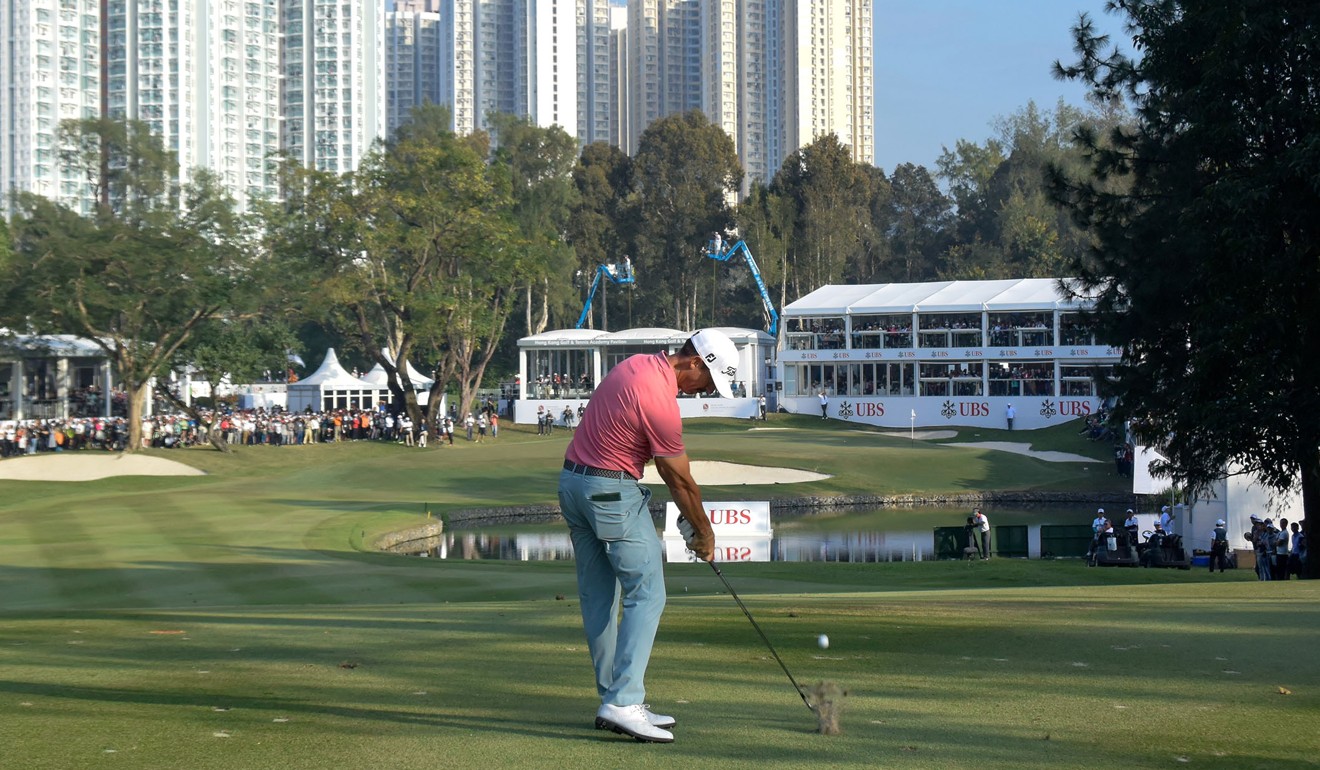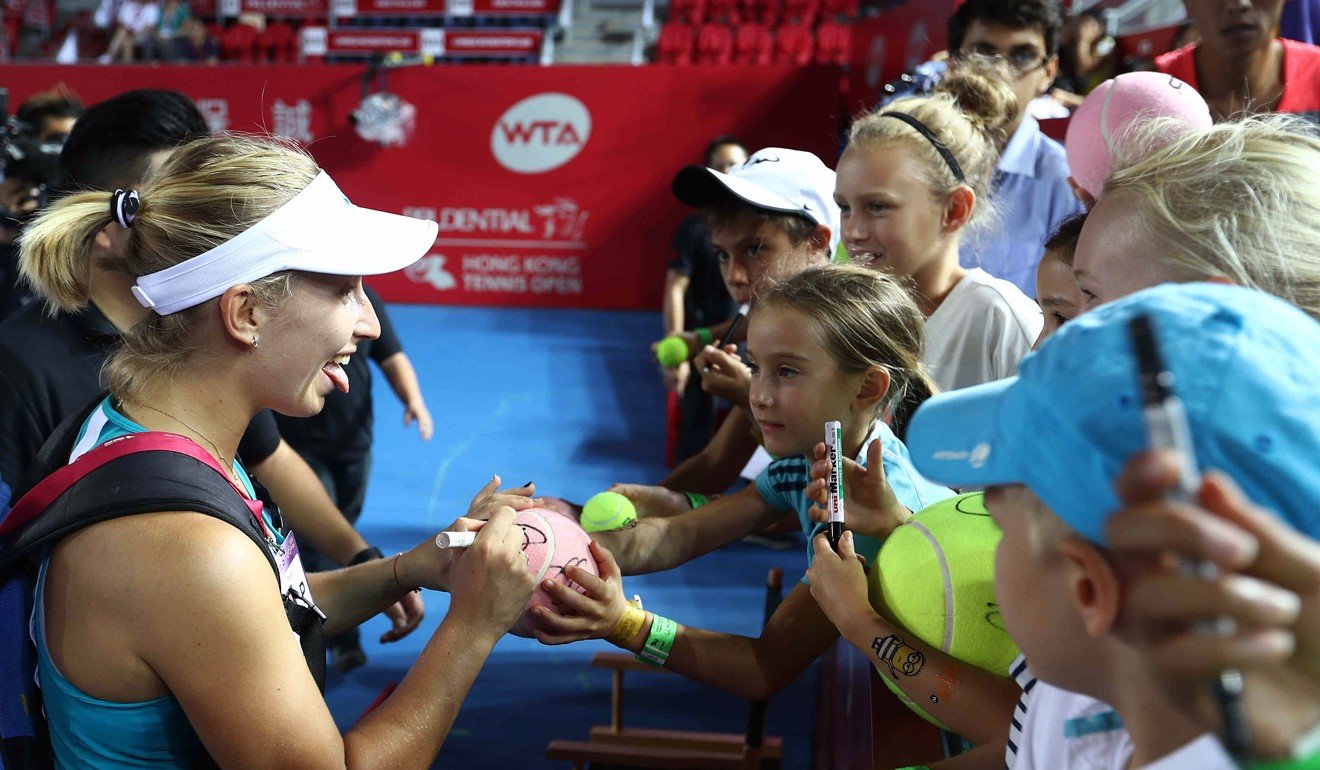
Hong Kong sports fund misers couldn’t bear to spend HK$150m – why will they be any different with HK$500m?
After Mega Events Fund flop, questions are raised about what government’s latest attempt at lifting city’s profile will look like
It wouldn’t spend the HK$150 million allocated to the Mega Events Fund, but now the government expects us to believe things will be different with its latest attempt to raise the city’s international sporting profile.
The fund, characterised by its rigid rules and lack of reason, failed to serve its purpose. Even when it did, organisers had to fight tooth and nail – often for months and even years after an event took place – to get their hands on the money they had been promised. A government spokesperson’s call on Wednesday that it “will work out the details with sports associations as this is a new scheme” did little to instil confidence around the new concept.

Neither does the fact the government couldn’t spend less than half the amount with a far broader scope, although this latest investment has certainly piqued the interest of the city’s corporates.
Businesses welcomed the move but are keen to hear more about how it will be implemented.
“You would like to think it would be some sort of matching concept. Is 50-50 the right answer, perhaps that is?” said John Timpany, a partner at KPMG China, which sponsors the Hong Kong T20 Blitz and supports women’s rugby.
“Perhaps if it is a really popular event the government doesn’t have to put as much in, but if we’re looking to grow a new market and raise our visibility, perhaps the government should put more in because they can see it is going to give Hong Kong some good coverage in other markets. You would like to see some flexibility there and it is also important that the administration of the fund is efficient and it’s easy for businesses to interact, put their case forward and get a decision quickly on whether or not the event will be supported.”

Truth is, if a place that markets itself as Asia’s World City is to genuinely make its mark, this new initiative will have to be the complete opposite to the Mega Events Fund.
As it stands, Hong Kong has only a smattering of top-tier sporting events that actually attract the best players in the world and a crowd to do them justice.
The Cathay Pacific/HSBC Hong Kong Sevens stands alone and horse racing is a different beast altogether, while the UBS Hong Kong Open golf and the HKT Hong Kong E-Prix are genuine drawcards.
The Prudential Hong Kong Tennis Open tries its best, the Standard Chartered Hong Kong Marathon is a good show, but the reality is events of global significance are few and far between.

Perhaps this week’s move is the government finally waking up as the Kai Tak Sports Park edges closer – one would hope the whiz-bang new complex expected to cost HK$32 billion will be better utilised than Hong Kong Stadium, which stands dormant for most of the year.
Standard Chartered could be one company which stands to benefit, with Esmond Mok, the regional head of corporate affairs and brand and marketing, saying he expects “there will be more commercial sponsorship of major sports events in general, which will help promote and develop sports culture in the community”.
Could the marathon finally be able to attract the sport’s biggest names, or could the investment give UBS the bump it needs to continue its support of golf in Hong Kong?
What new events could the investment attract? Could we see regular season Premier League or NFL games? Pie in the sky stuff, but maybe something more achievable like a men’s professional tennis tournament?

If the rest of sport’s fleeting appearance in the budget is anything to go by, it’s probably best we don’t hold our breath.
The HK$5 billion allocated to the Sports Institute likely won’t actually leave them any better off as they only get access to the investment return on their now total capital of HK$12.5 billion, and returns are declining.
The HK$100 million touted for the launch of a five-year district sports programmes funding scheme would have to be used uncharacteristically well to actually encourage wider community participation, while the HK$1 billion to be injected into the sports portion of the Arts and Sport Development Fund fits a similar mould to the SI’s handout.
With all that in mind, maybe it is the major-events boost which could have the biggest impact, but if history tells us anything, the safest bet would be to follow the government’s lead and keep your money in your pocket.

